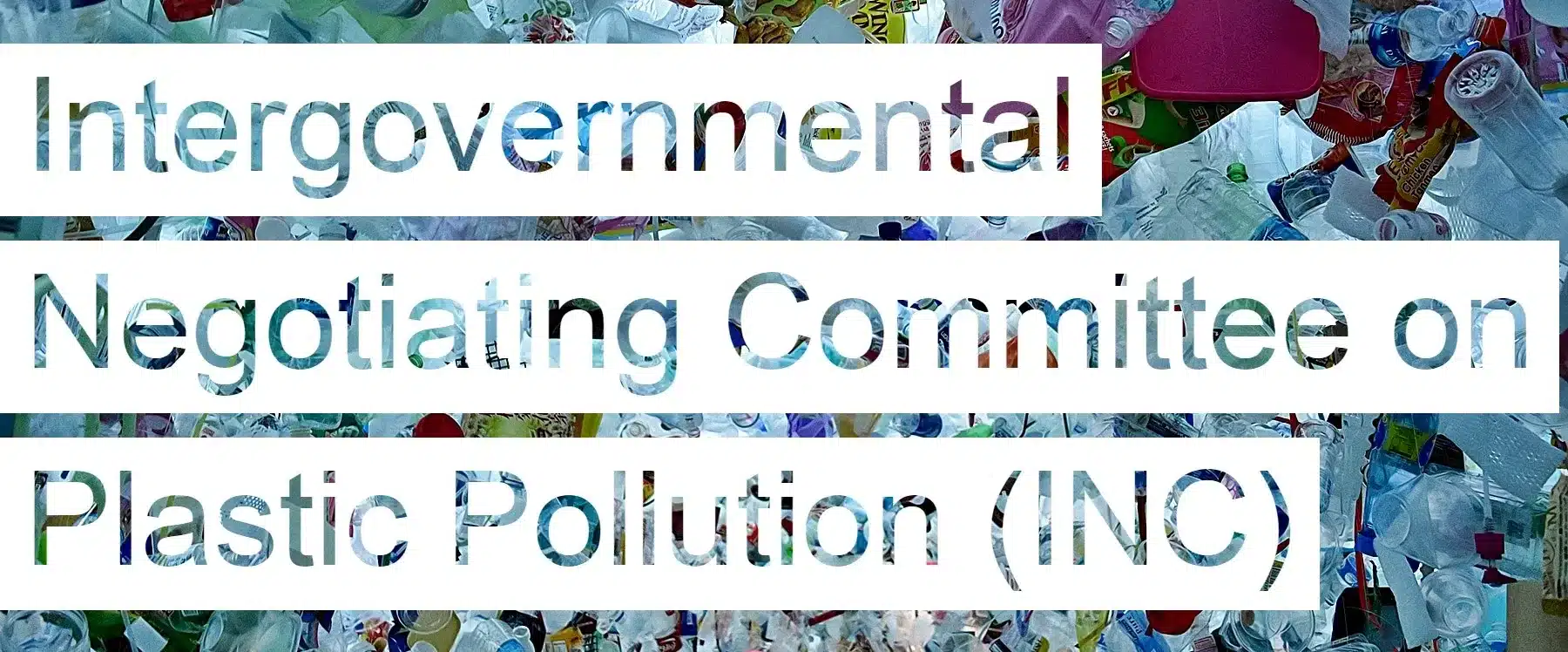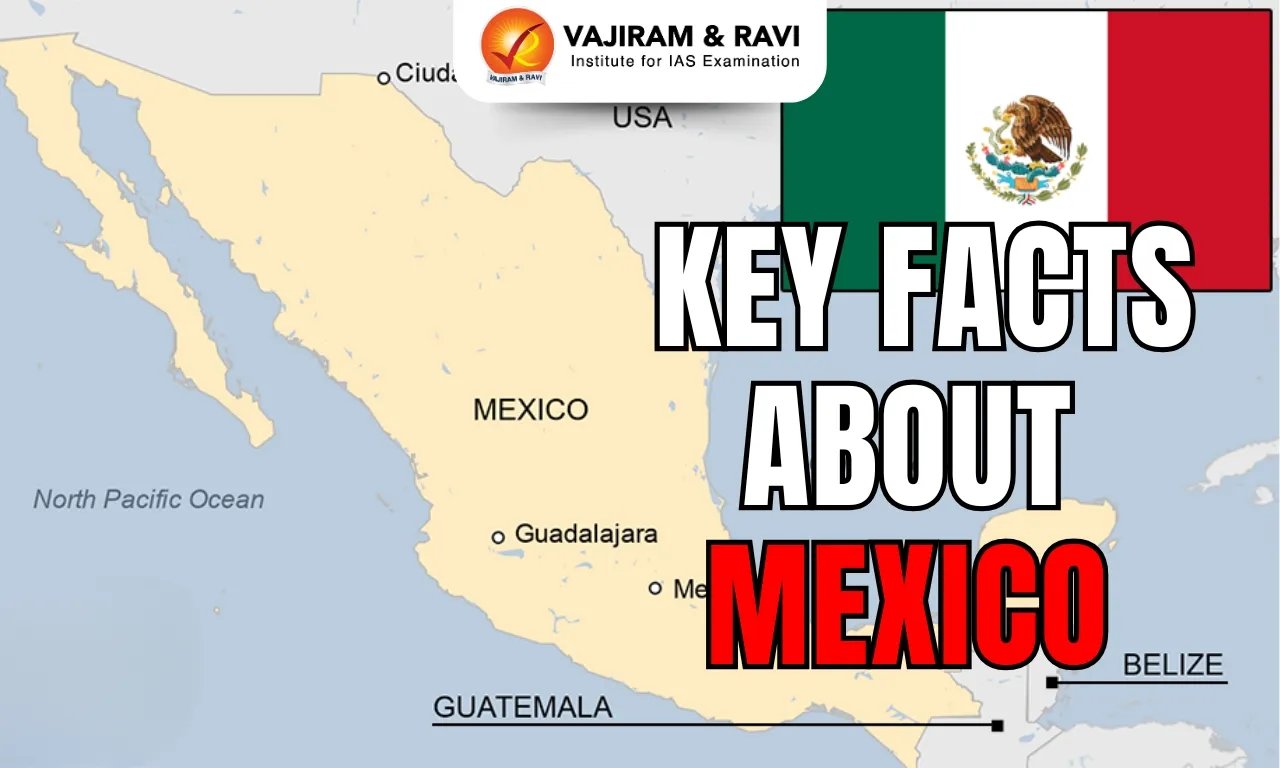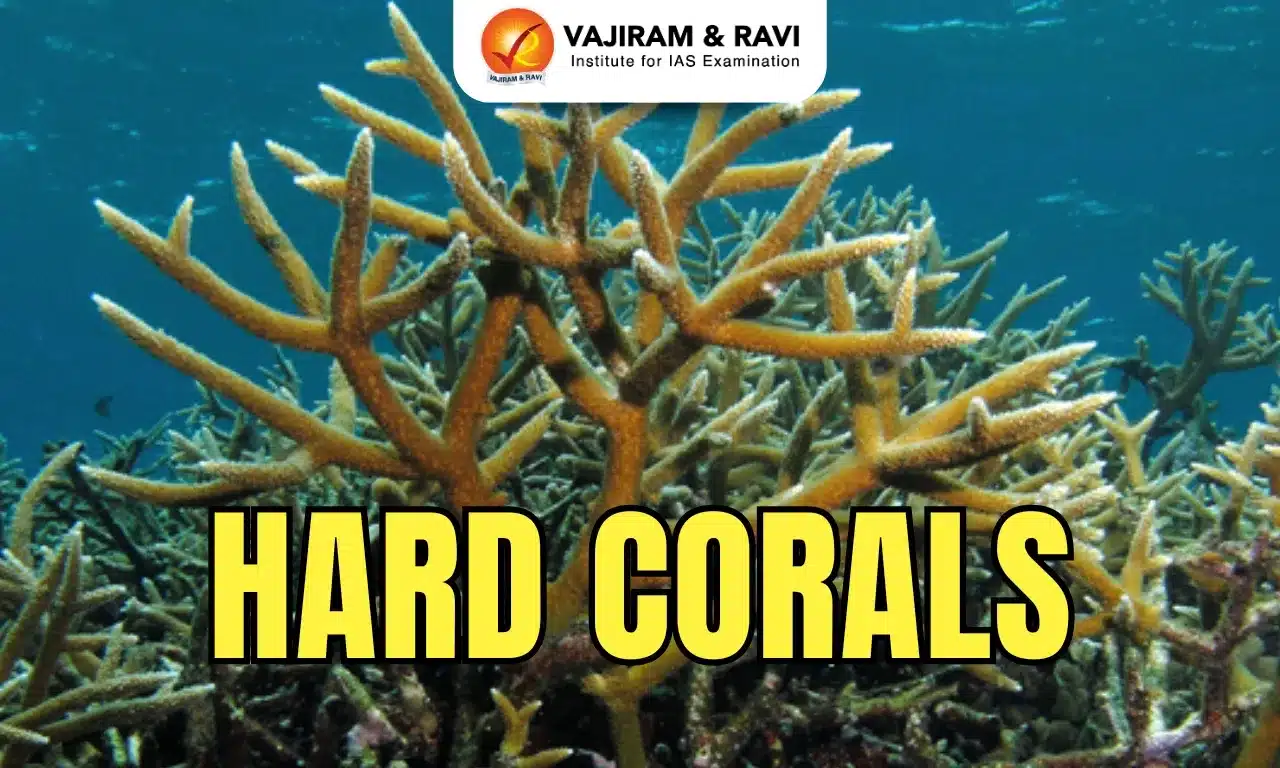About Intergovernmental Negotiating Committee on Plastic Pollution:
- In March 2022, at the fifth session of the UN Environment Assembly, a historic resolution was adopted to develop an international legally binding instrument (ILBI) on plastic pollution, including in the marine environment.
- The resolution requested the Executive Director of the UN Environment Programme (UNEP) to convene an Intergovernmental Negotiating Committee (INC) to develop “the instrument,” which is to be based on a comprehensive approach that addresses the full life cycle of plastic, including its production, design, and disposal.
- The objective of the global plastics treaty is to set a global framework of standards around accountability, responsibilities, financing, material/chemical standards, import/export restrictions, targets.
- From this global framework, countries will be tasked with implementing globally aligned policies that meet the targets set.
- An INC has been established, which will meet five times to develop the specific content of the new ILBI by the end of 2024.
- The INC began its work during the second half of 2022, with the ambition to complete the negotiations by the end of 2024.
- The first session of the INC (INC-1) took place in Punta del Este, Uruguay, from 28 November to 2 December 2022, followed by a second session (INC-2) from 29 May to 2 June 2023 in Paris, France, and a third session (INC-3) from 13 to 19 November 2023 in Nairobi, Kenya.
- INC-5, scheduled for 25 November to 1 December 2024 in Busan, Republic of Korea, is intended as the end of the INC process.
It will be followed by a Diplomatic Conference where Heads of State will sign the agreement.
Q1: What is the UN Environment Programme (UNEP)?
UNEP is the leading global authority on the environment. UNEP’s mission is to inspire, inform, and enable nations and peoples to improve their quality of life without compromising that of future generations. It works with governments, civil society, the private sector and UN entities to address humanity’s most pressing environmental challenges – from restoring the ozone layer to protecting the world’s seas and promoting a green, inclusive economy.
Source: Pivotal fourth session of negotiations on a global plastics treaty opens in Ottawa
Last updated on December, 2025
→ Check out the latest UPSC Syllabus 2026 here.
→ Join Vajiram & Ravi’s Interview Guidance Programme for expert help to crack your final UPSC stage.
→ UPSC Mains Result 2025 is now out.
→ UPSC Notification 2026 is scheduled to be released on January 14, 2026.
→ UPSC Calendar 2026 is released on 15th May, 2025.
→ The UPSC Vacancy 2025 were released 1129, out of which 979 were for UPSC CSE and remaining 150 are for UPSC IFoS.
→ UPSC Prelims 2026 will be conducted on 24th May, 2026 & UPSC Mains 2026 will be conducted on 21st August 2026.
→ The UPSC Selection Process is of 3 stages-Prelims, Mains and Interview.
→ UPSC Result 2024 is released with latest UPSC Marksheet 2024. Check Now!
→ UPSC Prelims Result 2025 is out now for the CSE held on 25 May 2025.
→ UPSC Toppers List 2024 is released now. Shakti Dubey is UPSC AIR 1 2024 Topper.
→ UPSC Prelims Question Paper 2025 and Unofficial Prelims Answer Key 2025 are available now.
→ UPSC Mains Question Paper 2025 is out for Essay, GS 1, 2, 3 & GS 4.
→ UPSC Mains Indian Language Question Paper 2025 is now out.
→ UPSC Mains Optional Question Paper 2025 is now out.
→ Also check Best IAS Coaching in Delhi

















